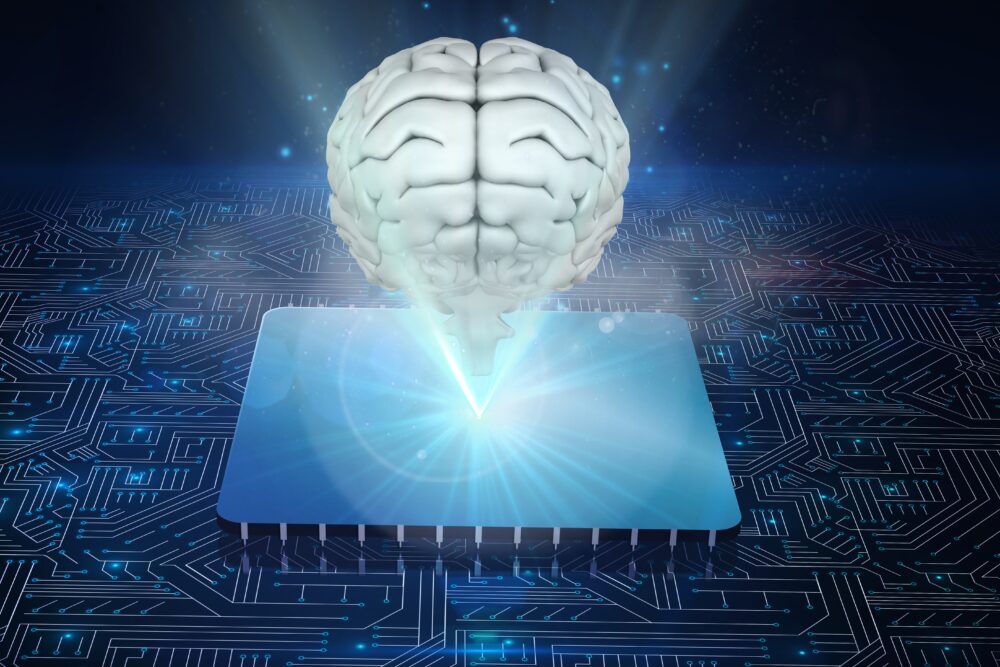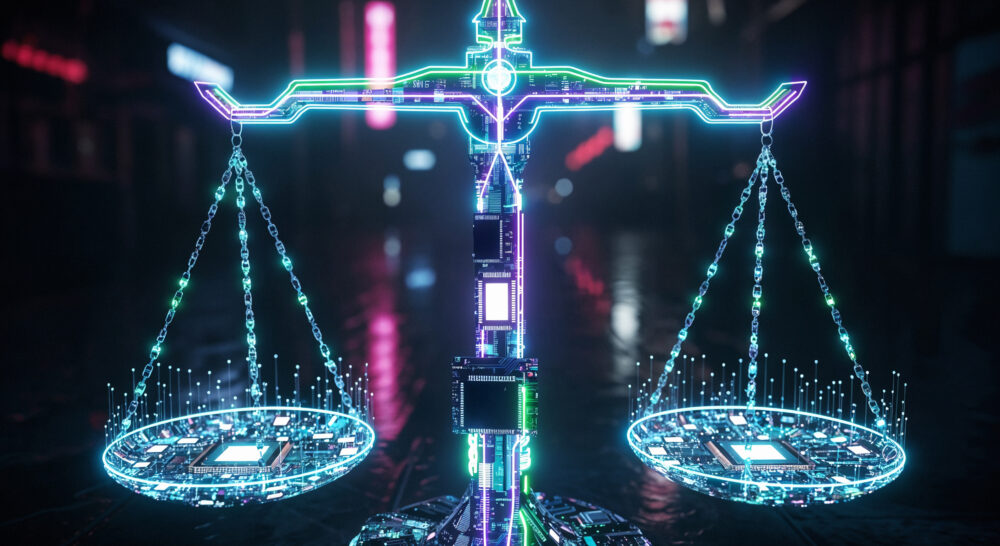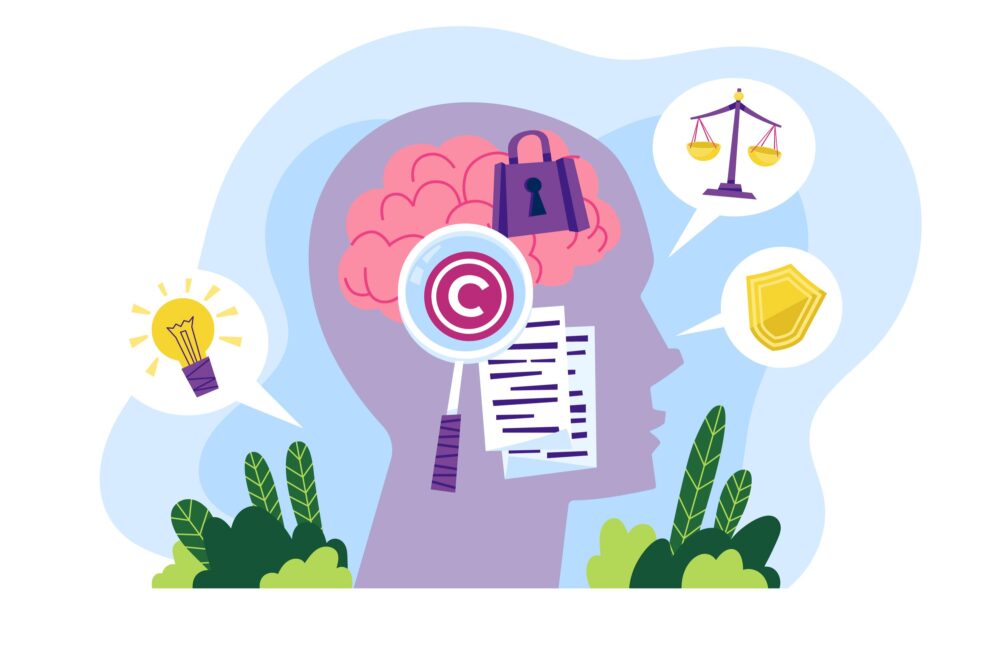In the context of the Fourth Industrial Revolution, Artificial Intelligence (AI) plays an increasingly crucial role in nations’ socio-economic development. Recognizing this significance, Vietnam has been actively developing a comprehensive legal framework for AI development through the Draft Law on Digital Technology Industry. This framework not only lays the foundation for sustainable development of the AI industry in Vietnam but also demonstrates the Government’s strong commitment to promoting innovation while ensuring ethical standards and protecting user rights.
1. Directive principles for promoting artificial intelligence development
The promotion of AI development and application is a top priority in Vietnam’s digital technology development strategy. The State particularly emphasizes building a responsible AI ecosystem that is human-centric and ensures reliability. In this context, enterprises, organizations, and individuals are encouraged to participate in the development, provision, and deployment of AI solutions.
To foster innovation in the AI sector, small and medium-sized enterprises are facilitated to participate in experimental mechanisms for digital technology products and services. This forms an integral part of Vietnam’s comprehensive AI industry development strategy, as detailed in Section 3, Chapter IV of the draft law.
To ensure systematic and sustainable AI development, the Ministry of Information and Communications is tasked with developing and submitting to the Prime Minister for approval the Program for Promoting AI Development and Application. This program is designed on a 5-year cycle, accompanied by annual implementation plans, to ensure continuity and effectiveness in achieving national AI development objectives.
2. Establishing ethical principles for AI development, deployment, and application
The establishment of ethical principles for AI development, deployment, and application is a key element in Vietnam’s AI legal framework. The Ministry of Information and Communications is assigned to lead the issuance of foundational ethical principles, creating a guiding framework for responsible AI technology development in Vietnam’s digital space.
To ensure practicality and alignment with sector-specific characteristics, specialized ministries are empowered to proactively develop and issue specific ethical guidelines. These guidelines will regulate the use of AI-enabled digital technology products within each ministry’s jurisdiction. Importantly, these guidelines must be developed based on the common ethical principles issued by the Ministry of Information and Communications while reflecting the specific characteristics and requirements of each sector.
3. Prohibited artificial intelligence activities
Within the legal framework for artificial intelligence, certain activities are prohibited to protect users’ rights and interests. These prohibitions include:
(i) The development and use of AI systems capable of sophisticated manipulation of user behavior, particularly through techniques that users cannot detect. This includes methods of enticement or deception that impair individual decision-making capacity, leading to substantial harm.
(ii) The development and use of AI systems designed to exploit vulnerabilities of susceptible individuals, including the elderly, persons with disabilities, or those in challenging socio-economic circumstances. Such systems may cause severe adverse impacts on the behavior and lives of these vulnerable groups.
(iii) The use of AI systems for evaluating or categorizing individuals based on social behavior, personal characteristics, or inferred personality traits. Specifically prohibited is the use of such assessments to create unfair discrimination or cause disproportionate harm to individuals and groups.
(iv) The use of AI to predict individual criminal propensity based on personality assessments and personal characteristics. However, this prohibition does not extend to AI systems used in crime prevention activities as prescribed by current law, ensuring effective maintenance of security and order.
(v) Regarding privacy protection, the draft law prohibits the development or use of AI systems for building and expanding facial recognition databases through unauthorized collection from the Internet or CCTV surveillance cameras.
(vi) In workplace and educational environments, the use of AI for analyzing and inferring human emotions is prohibited, except in special cases related to medical and safety purposes.
(vii) Finally, the law imposes strict limitations on the use of biometric technology in AI. It prohibits the development and use of AI systems for classifying individuals based on biometric data to infer sensitive personal information. However, this prohibition does not apply to the labeling or filtering of legally collected biometric datasets.
See more:
1/ Personal data processing impact assessment
2/ Shape Personal data protection organization services under the draft law on personal data protection
Disclaimers:
This article is for general information purposes only and is not intended to provide any legal advice for any particular case. The legal provisions referenced in the content are in effect at the time of publication but may have expired at the time you read the content. We therefore advise that you always consult a professional consultant before applying any content.
For issues related to the content or intellectual property rights of the article, please email cs@apolatlegal.vn.
Apolat Legal is a law firm in Vietnam with experience and capacity to provide consulting services related to Intellectual Property Rights and contact our team of lawyers in Vietnam via email info@apolatlegal.com.



































